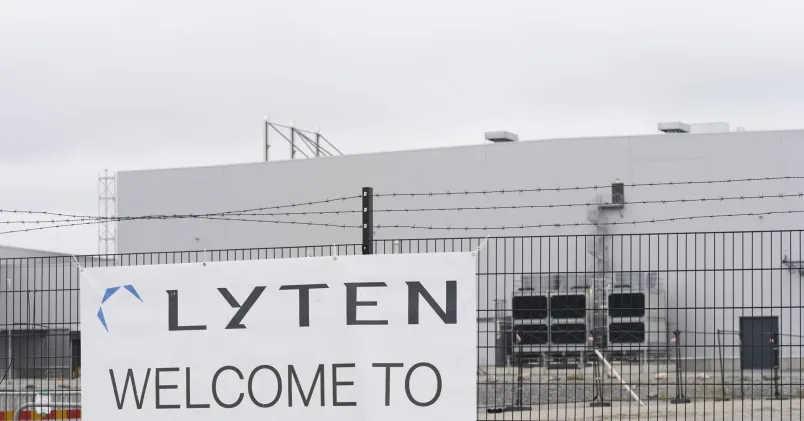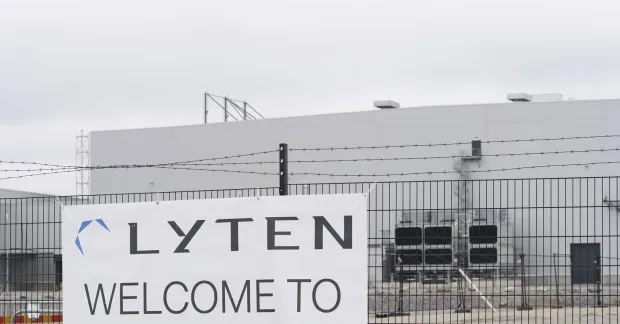
Det var den 8 november 2019 som den 62-åriga mannen bad om ett samtal med sin chef på ett kontor i centrala Göteborg. Samtalet gällde antalet kundmöten som mannen förväntades göra och samtalet blev snart hetsigt.
Efter ett tag lämnade han chefens rum, men återvände kort därpå, denna gång utrustad med en hammare. Där inne träffades chefen i huvudet med hammaren varpå flera medarbetare rusande dit. De övermannade sin upprörda kollega samt larmade ambulans och polis.
Mannen nekar till händelsen och hävdade att chefen fick hammaren i huvudet av en olyckshändelse. Han råkade bara ha verktyget med sig och menar att chefen missförstod situationen och försökte ta ifrån honom hammaren varpå den träffade huvudet.
Chefen har en helt annan bild av händelseförloppet. Enligt honom satt han vid sitt skrivbord när 62-åringen plötsligt rusade in i rummet och utan förvarning utdelade ett kraftfullt slag mot hans huvud. Först när han tittade upp såg han att det handlade om en hammare. Chefen försökte därpå ta ifrån medarbetaren verktyget och när han inte släppte började han ropa på hjälp.
Mot bakgrund av chefens avvärjningsskador på händer och armar samt vittnesmål från tre kollegor ansåg Göteborgs tingsrätt att chefens version var styrkt. 62-åringen, som avskedades efter händelsen, dömdes till 1,5 års fängelse för grov misshandel. Men nu har hovrätten för Västra Sverige gjort en annan bedömning av gärningen.
Att misshandeln skett med en hammare som riktats mot chefens huvud, att det skett överraskande och utan föregående provokation är visserligen försvårande omständigheter, konstaterar domstolen. Men enligt hovrätten har det varit fråga om ett kortvarigt händelseförlopp med impulsstyrt våld. 62-åringen har endast utdelat ett slag och skadorna som uppstod var ringa. Därför sänker domstolen nu straffet till sex månaders fängelse.









